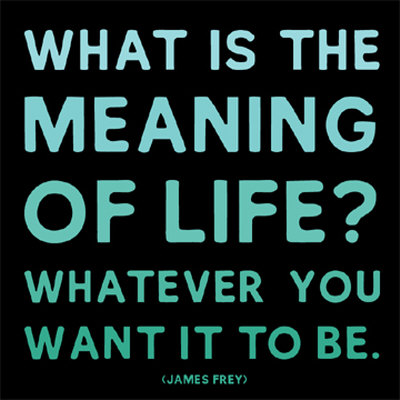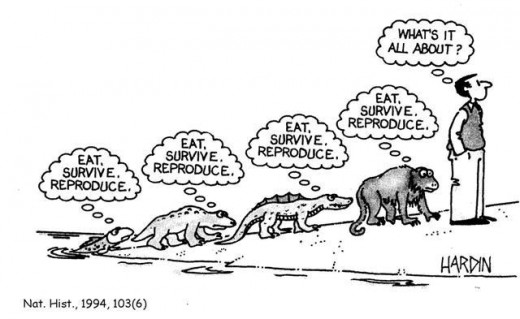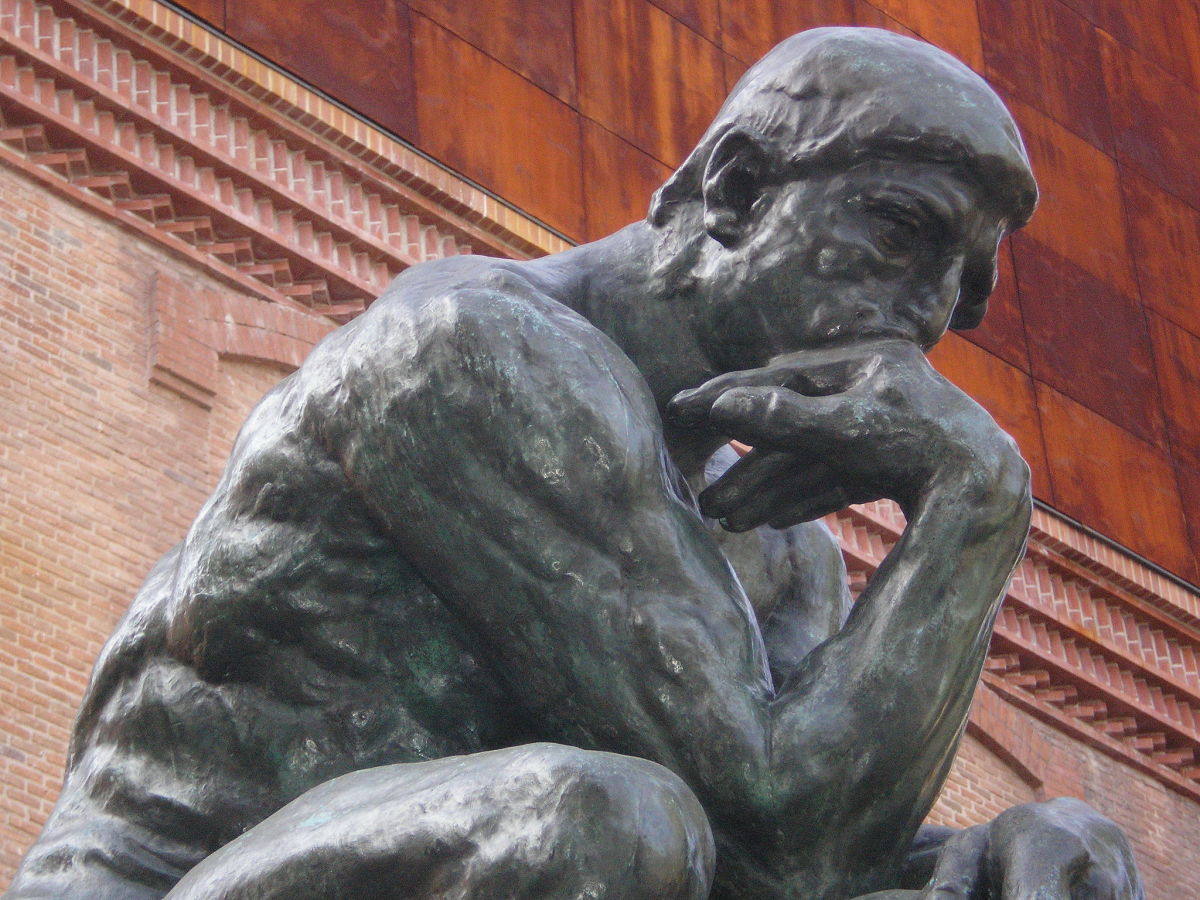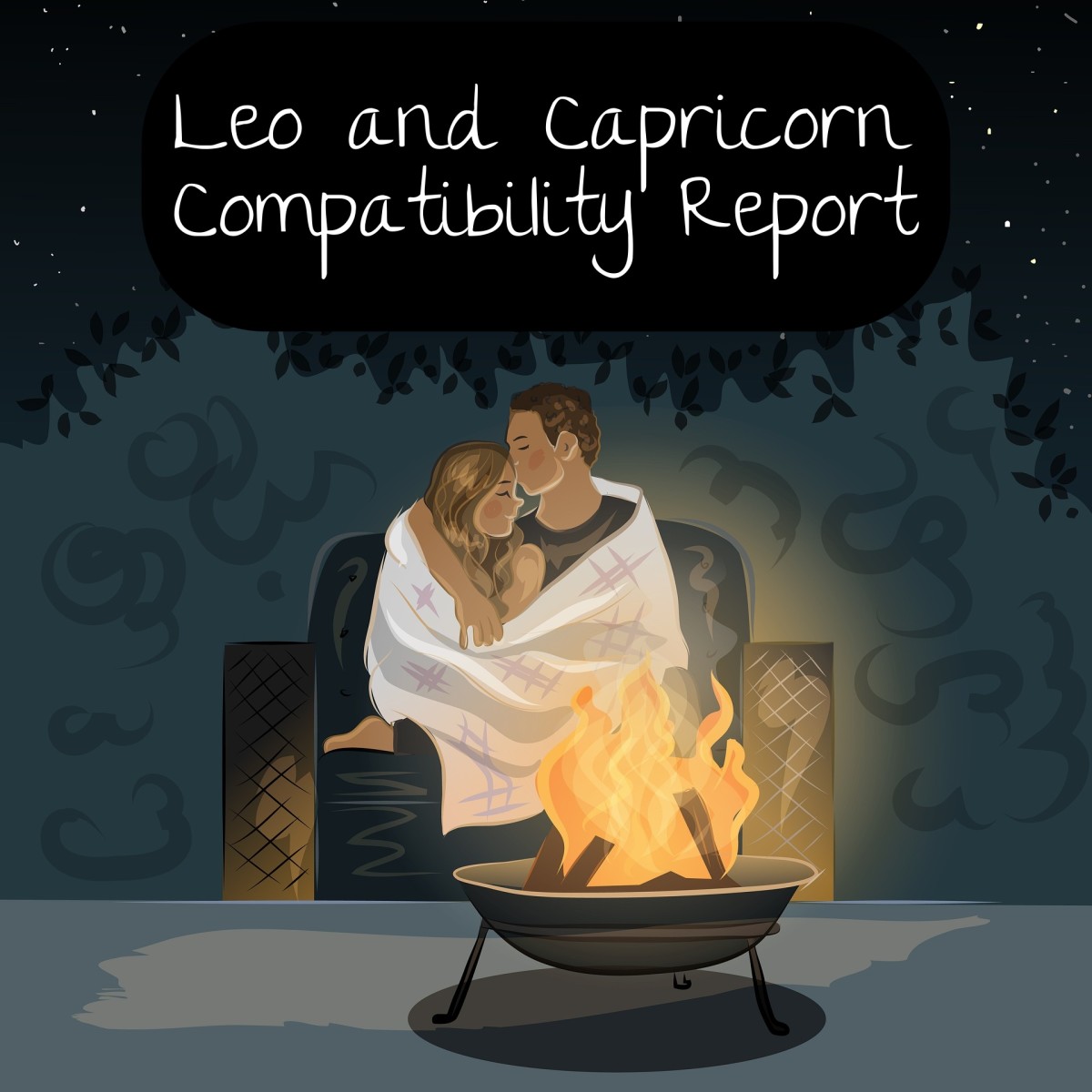Is There a Meaning of Life?

In my third year of university I was given the question: “Can life have a ‘meaning’? If so, what is it? If not, why not?” to answer in thousand words. I had a lot of fun writing this essay, although it was incredibly difficult to do in just a thousand words as I could have gone on for pages and pages. I thought I would share my musings in hope that maybe it would spark an interesting debate!
My argument centres around giving an alternate view to the religious one which says God gives life a meaning that will be obvious at death, or that the meaning of this life is preparation for another life, or something along this vein. I am assuming a position with the view that there is no God and when you die there is nothing else. On the premise that there is no creator, you would have to believe that our existence on this planet is a coincidence and as such could not have pre-determined meaning. I would take a definition of life to be our continued existence, but beyond that it has no meaning. When we look at the animal kingdom we see that survival is paramount, both for an individual and for a species as a whole. In other words, what is most important is survival and reproduction. Darwin wrote at lengths about survival in the animal kingdom, most notably, his theories on natural selection and adaptations in ‘On the Origin of Species.’
We might instinctively want to deny it, but human beings are no different to animals in this respect. Look at our biological make up; at a very basic level we are just a product of our cells, which reproduce every so often to keep us alive. This is often seen to be a controversial position, as many people believe in the existence of some kind of soul which is separate from our bodies, but I don’t want to get into a discussion about mind/body duality here. Although it is obvious in animals that they have an instinctive desire to reproduce (think mating season) it does not seem obvious to everyone that this is the same in humans. It is clear that many people do not want to reproduce and have no intention of doing so. But you only have to be remotely familiar with Freud to know that his response to this would be that whereas we may consciously think reproduction is a bad idea, procreation is never far from our subconscious thought.

Obviously I am not denying that there are differences between animals and humans. The fact that humans often decide that it would be a bad idea to have children, whereas animals cannot make this decision, proves this. Humans are considerably more complex than animals, we rely less on instinct and more on reason, rationality, intelligence and sentiments. F.H. Bradley thought individuals are what they are because of the relations they hold and thus the way they interact with society. He claims, ‘he is what he is because he is a born and educated social being, and a member of an individual social organism.’ He thought we could only understand our function through our relations with others. The purpose of life ‘is given by my station in society.’ The words ‘function’ and ‘purpose’ are important here. Rather than a pre-determined meaning, it is more plausible that we ascribe purpose to our own lives. I’d argue that this commonly centres on the prevention of pain, and pursuit of pleasure. This is also the position that David Hume argues for.
I’d say that the pursuit of pleasure is the stronger claim and that prevention of pain would naturally follow from that anyway. Hanfling claims that ‘pleasure is a less satisfactory terminus than pain’, but I would disagree with this. Although it is true that the reason behind many of our actions is the avoidance of pain, it sounds unsatisfactory to say that that purpose of life is the avoidance of pain. The majority of people do not want to just ‘get by’ in life, which is what would happen if all they did was avoid pain. We do not want to just be content and in most cases will strive for something more than that. Humans are on the whole ambitious; we set ourselves goals, we think about the future and make plans. A cynical person may still claim that we do all this because we are trying to avoid pain, but I think it’s more likely that we do all this because we want to be happy, and avoiding pain is just a part of being happy.
If you believe that the avoidance of pain is the main purpose of life, then how can you explain when people put themselves through pain for some further end? People push themselves to the physical limit for all kinds of reasons which they hope will ultimately lead to greater happiness. It’s not only physical pain we want to avoid either. People take business risks even when there is the potential for failure and massive loss because the happiness that could be gained outweighs the possible pain. If all that is important is avoiding pain then why would we do all this?






